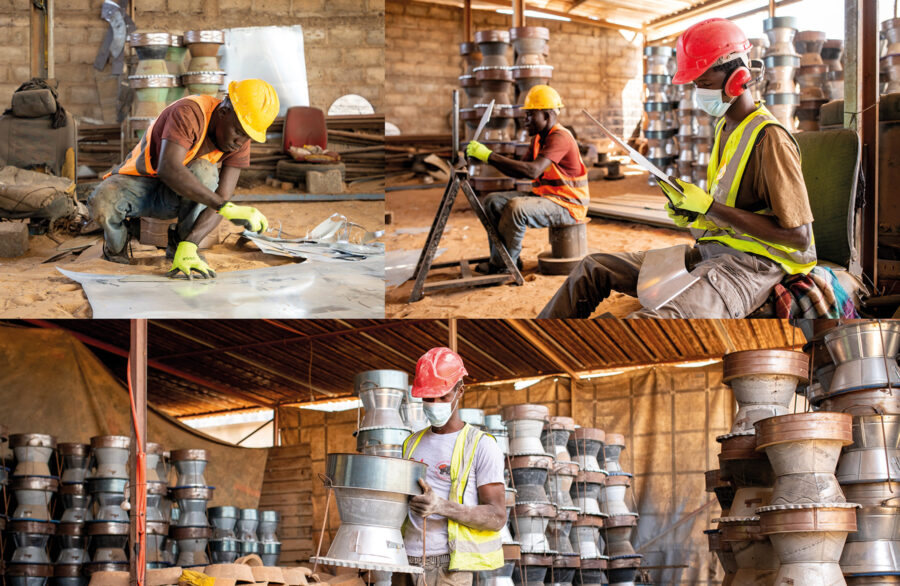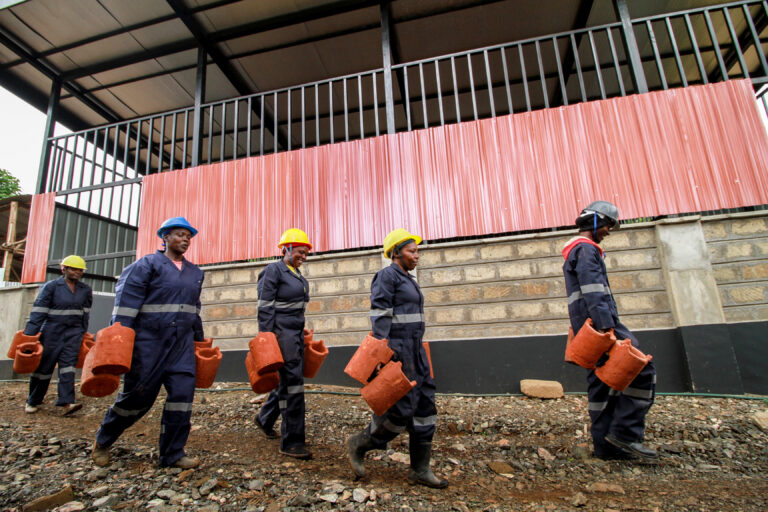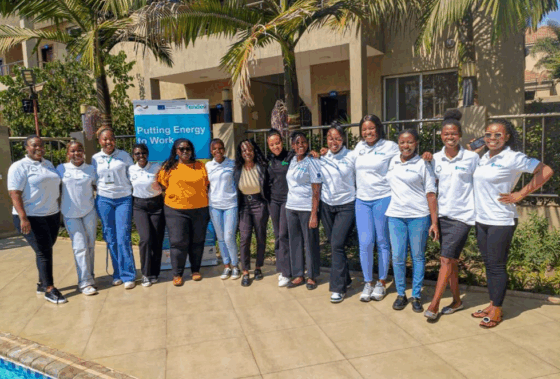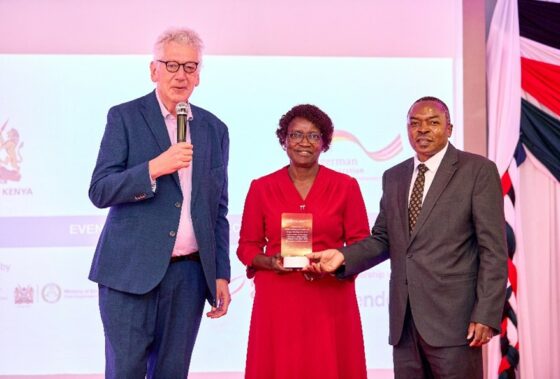Professionalisation: Climate-Friendly Cookstove Producers Driving Sustainable Market Growth

In Kenya and Senegal, the Promotion of Climate-Friendly Cooking project is empowering local producers to make clean cooking more accessible and sustainable. By helping local businesses grow, the project is reducing costs, increasing productivity, and expanding market reach – while making a positive impact on health, the environment, and livelihoods.
Although access to clean cooking has increased in recent years, approximately 2.3 billion people still rely on traditional fuels such as solid biomass, kerosene, or coal as their primary cooking sources. In Senegal and Kenya, access to Improved Cook Stoves (ICS) is hindered by low productivity and few shopping possibilities.
To tackle these barriers, the Promotion of Climate-Friendly Cooking: Kenya and Senegal project has developed a professionalisation approach. Local ICS producers act as the key driver in promoting clean cooking access and fostering sustainable market growth within Kenya and Senegal. Enhancing the productivity of ICS producers reduces production costs and, consequently, the stove price for the end user. This makes clean cooking more affordable.
Core Strategy: Professionalising the Sector
The centrepiece of the project is its Professionalisation Approach, which transforms artisanal ICS producers into business-scale enterprises. Through performance-based support packages, local producers receive ‘professionalisation kits’ with tools, machinery (like welding equipment) as well as comprehensive technical and business training modules.
The goal: to develop producers with the capacity and track record to sustain operations independently and access commercial finance.
Beyond Numbers: Expanding Market Reach
The project also strengthens ICS distribution networks, enabling market access even in remote areas. Support includes health and safety training, bookkeeping, access to finance, and marketing strategy development.
Strong Results So Far
- 4 million ICS produced (4,004,880)
- Over 1.5 million ICS sold in 2024 alone (1,561,303)
- Over 3.2 million tons of CO₂ reduced to date (3,264,599 tCO₂eq)
- 29 business-class producers supported (monthly capacity >1,000 ICS)
- 176 medium-sized producers supported (capacity 100–1,000 ICS/month)
These figures represent a major contribution to Kenya and Senegal’s NDC (Nationally Determined Contribution) climate targets.
Social Impact at Scale

Beyond the economic and environmental impact, the project will drive significant social development: Over two million households, predominantly in rural areas, will benefit directly from the project. Of these, almost one-third are headed by women, highlighting the positive impact on women’s empowerment. Additionally, 5,569,315 children will benefit, experiencing improvements in their health and educational outcomes as a result of the project. The project’s outcomes also reduce the likelihood of respiratory diseases and the time spent collecting fuelwood and cooking meals. This not only improves health but also allows families, especially women, more time to engage in income-generating activities. For children, this can lead to better school attendance and overall child development.
By empowering local producers and expanding access to clean cooking solutions, the project strengthens economies, improves livelihoods, health, and opportunities—creating lasting change for both people and the planet.
Implementation Partners
Promotion of Climate-Friendly Cooking: Kenya and Senegal is commissioned by the Federal Ministry for Economic Cooperation and Development (BMZ) and co-financed by the Green Climate Fund (GCF), Kenya’s Ministry of Energy and Senegal’s Ministry of Petroleum and Energy and Ministry of the Environment and Sustainable. The project is implemented as an associated project to the Energising Development (EnDev) Programme under the umbrella of the EnDev Partnership.

